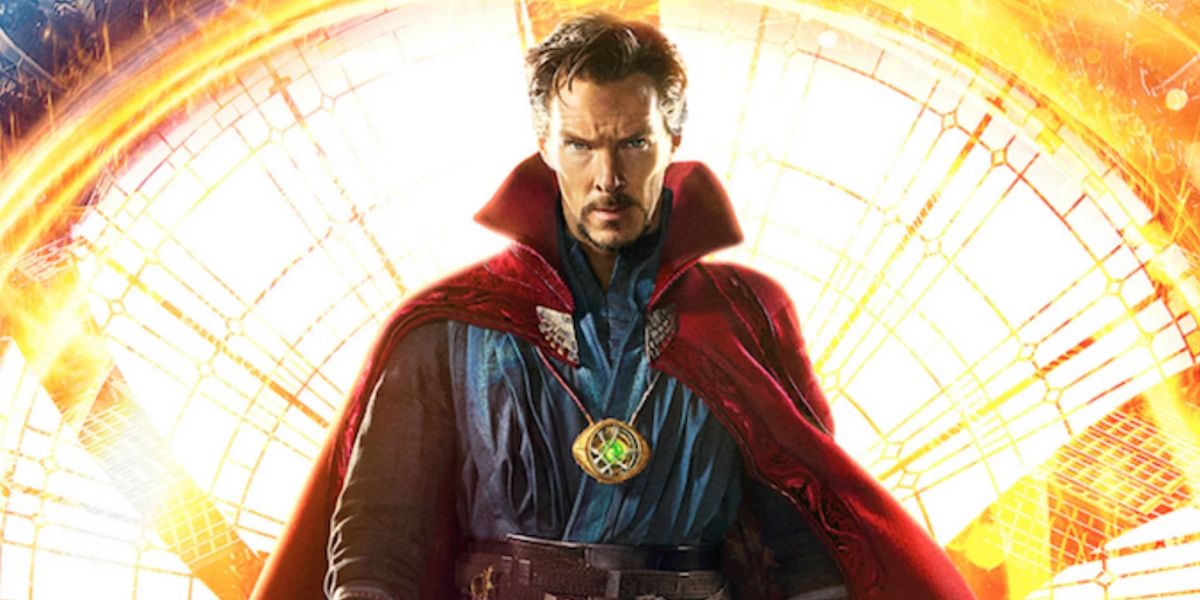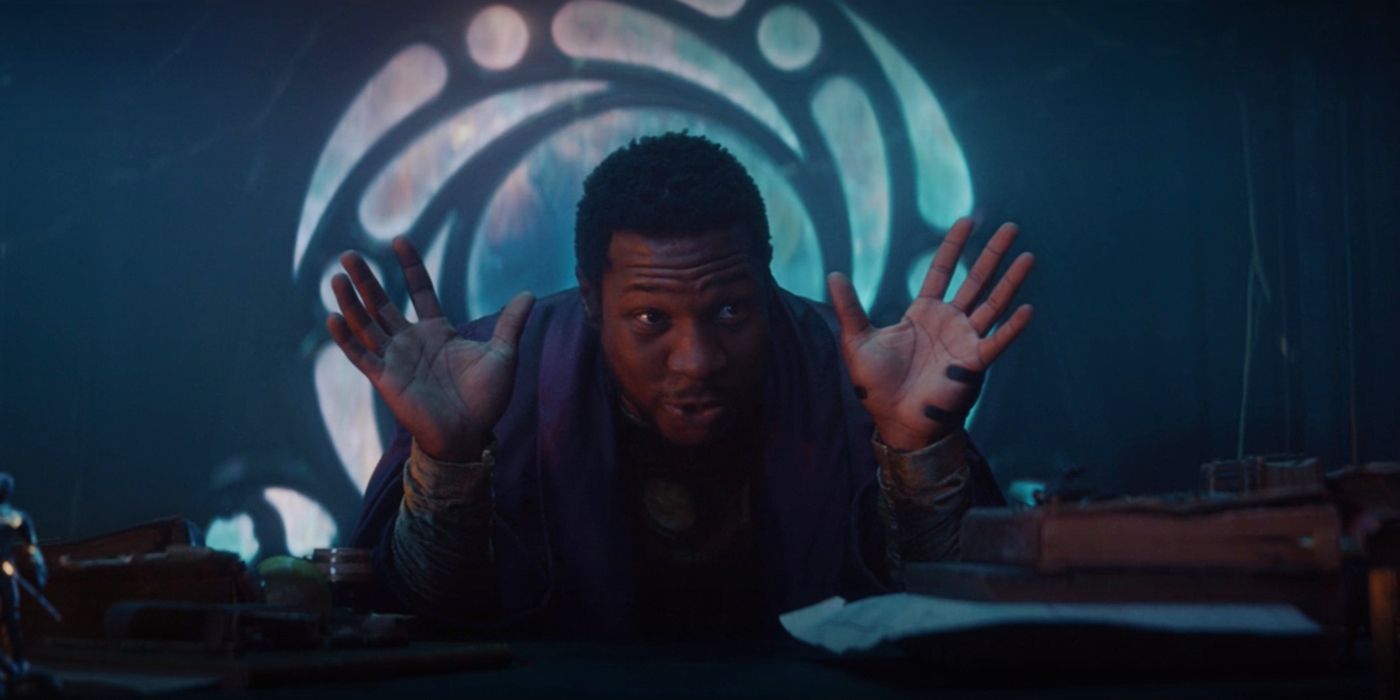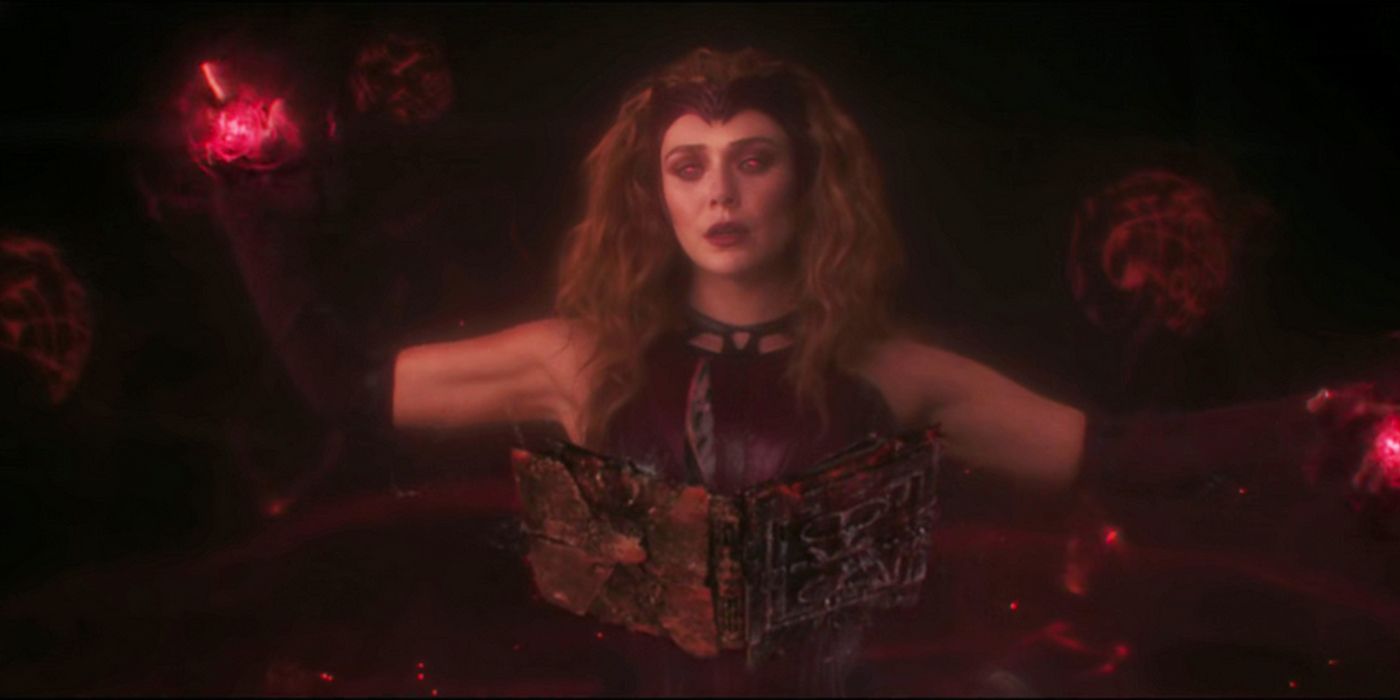It’s starting to feel increasingly like every MCU property is, at this point, leading up to the second Doctor Strange movie, titled Doctor Strange in the Multiverse of Madness. This is both a good thing, in the sense that the movie will be the endpoint for many interconnected storylines, and a bad thing in that it places the movie in the complicated spot of having to fulfill the expectations of many different kinds of fans, something nearly impossible.
Marvel has, of course, gambled like this before, to mixed results. During the first decade of the Marvel Cinematic Universe it was fair to say that most solo outings were, in one way or another, leading up to the four Avengers movies. Those team-ups were mostly successful, both with fans and with critics. And yet no movie outside the main team-up ones has carried the stakes the second Doctor Strange movie does. Not even Captain America: Civil War, a movie that featured more MCU characters than fans are likely to see in Doctor Strange in the Multiverse of Madness, and its main storyline was literally a civil war between the Avengers. If anything, that movie illustrates a clear example of what the second Doctor Strange movie needs to avoid.
The leadup to Captain America: Civil War was basically non-existent in comparison to Doctor Strange in the Multiverse of Madness. Sure, Tony and Steve always had a more confrontational relationship than any other two Avengers. But it’s hard to call that setup to a drag-down fight involving the entire team and basically two different ways of looking at the world – and the government.
It’s also impossible to say the next two Avengers movies truly paid off the emotional stakes set up in Captain America: Civil War. A handshake and a couple of conversations where Tony and Steve really avoid getting emotional is not nearly enough. And this is only taking characterization stakes into account, the setup for mistrust in the government has, The Falcon And The Winter Soldier aside, not truly been explored much afterward, either.
Doctor Strange in the Multiverse of Madness has to deal with so much more. Loki has already established the existence of the multiverse and explained the creation of it – or the return to it. This is particularly important as Marvel attempts to move on from the heroes that have been at the center of the MCU for the first decade of its existence, like the aforementioned Tony Stark and Steve Rogers. It’s time for a new generation – and for new, flashier properties, to get a chance to get the MCU treatment. The Fantastic Four are waiting in the wings, thanks to the FOX merger. And even more importantly, so are the X-Men, the studio’s most popular property.
Marvel, however, isn’t rushing to bring these characters in. Instead, it’s using the possibility of them as a way to introduce a concept that will multiply their storytelling possibilities, that of the multiverse. Two of it’s Disney+ series released this year are, in many ways, leading up to it. Wanda’s immense power will be instrumental in Doctor Strange in the Multiverse of Madness, and the WandaVision final post-credit scene hints at the reason why. Then there’s Loki, which doesn’t just explain the multiverse, but allows us to visually understand its creation and warns us of the ramifications of its existence, and what that means for the road ahead.
Wanda Maximoff has been confirmed as a key player in Doctor Strange in the Multiverse of Madness. There have been reports that Loki will also appear in that movie. And there’s one other particular release set for this year that is also likely to have multiverse repercussions, Spider-Man: No Way Home, a movie widely rumored to explore the Spider-Verse and feature multiple versions of Peter Parker. This all tracks with the news that Benedict Cumberbatch will appear in the third Spider-Man movie as Doctor Strange, and with Peter Parker’s general existence as Peter Parker. If anyone was going to get lost in the multiverse due to a combination of bad luck and good intentions, it was Peter Parker.
Considering what the multiverse means for Marvel going forward, the amount of setup to a movie that’s sure to not just explore it but establish its rules and the storylines around it going forward, make sense. Loki and even Spider-Man: No Way Home can play around the sandbox, but they’re not the type of properties that will provide fans with the explanations they want – or need. Hopefully, though, Marvel remembers its Captain: America Civil War mistakes and makes the second Doctor Strange movie still, primarily, about Doctor Strange, as they work to set up the path forward.
Fans are excited for the team-up, and they’re excited for the possibilities, but the movie has to walk a very thin line between focusing on all of this and still giving characters a chance to make their own mark. Every MCU property right now is leading up to Doctor Strange in the Multiverse of Madness, and that means a lot of expectations, for better or worse.



